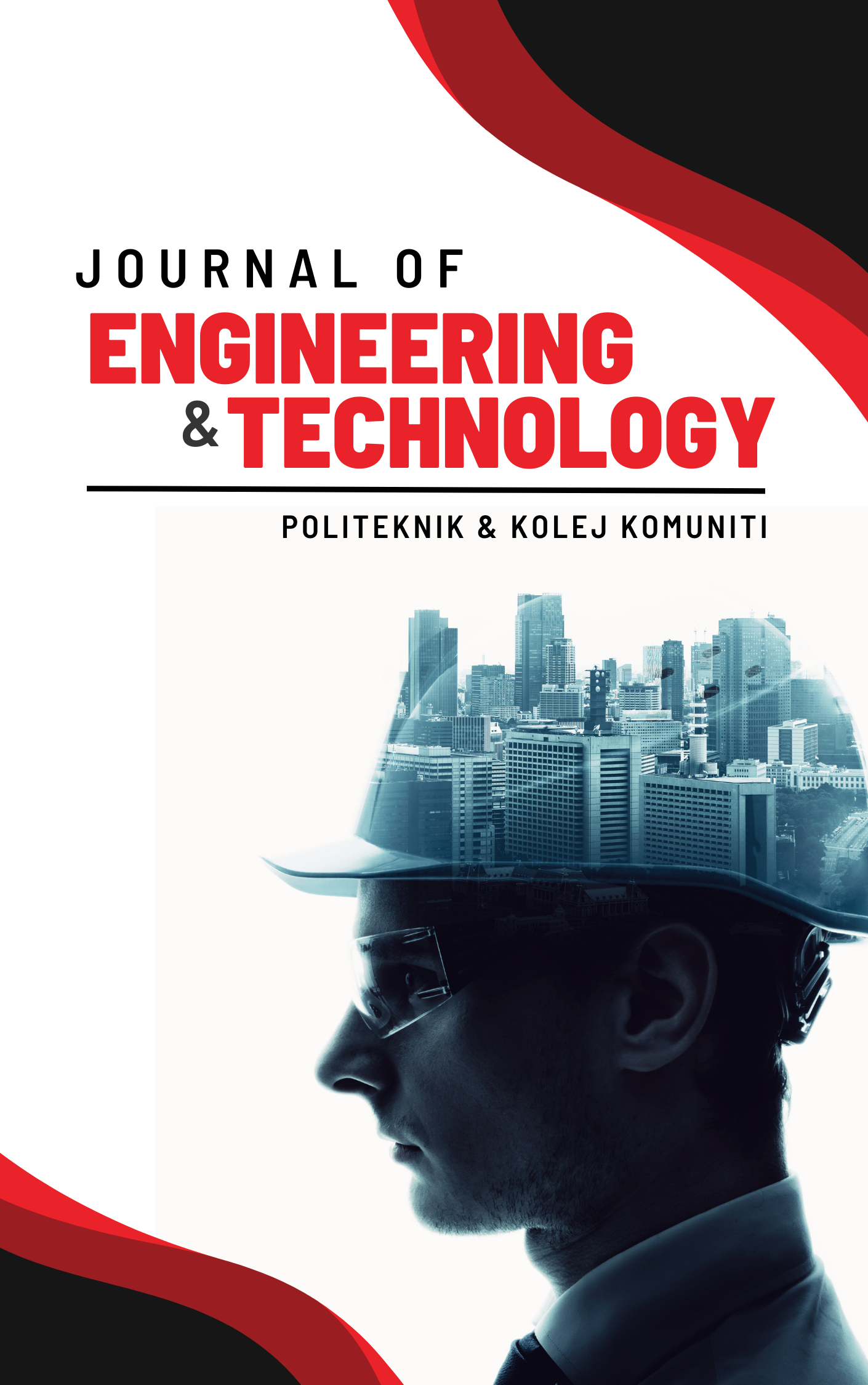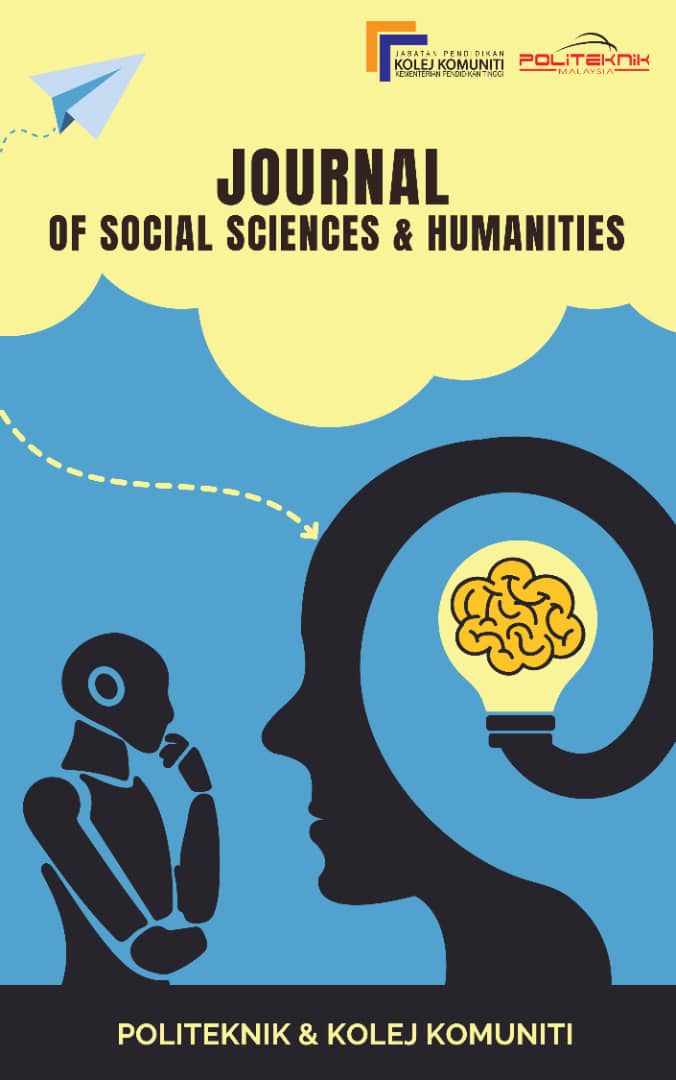Evaluating of Graduate Programme Educational Objectives (PEO) Achievement in Diploma in Electronic Engineering (Communication) Program
Keywords:
Program Educational Objectives, Politeknik Kuching Sarawak, Graduate outcomes, Electronic Engineering (Communication), Curriculum Development, Program Educational Objectives, Politeknik Kuching Sarawak, Graduate outcomesAbstract
As the highly skilled professionals in electronic engineering demand continuously increases, it is essential to examine how well educational programs are equipping graduates for industry needs. Program Educational Objectives (PEOs) are a tool to measure how academic achievements align with the skills required in the professional world. This study assesses how well the Diploma in Electronic Engineering (Communication) (DEP) program equips graduates to meet industry demands, focusing on Program Educational Objectives (PEOs). Four key PEOs were evaluated: practicing as technicians in electrical engineering (PEO1), contributing to society with professional ethics (PEO2), engaging in entrepreneurial activities using engineering skills (PEO3), and enhancing knowledge for career advancement (PEO4). The evaluation used a mixed-methods approach, combining structured questionnaires for quantitative data and interviews with an industry advisory panel for qualitative insights, involving 36 graduates from 2018-2019. Findings showed that 67% of graduates met PEO1, 94% achieved PEO2, 67% accomplished PEO3, and 72% fulfilled PEO4. The results suggest that updating the curriculum to emphasize entrepreneurial training, leadership development, and advanced technology integration would better align graduates with workforce needs. Feedback from the Industry Advisory Panel highlights the importance of continuous curriculum improvements to address evolving industry expectations and challenges.
Downloads
Published
Issue
Section
License
Copyright (c) 2025 Politeknik & Kolej Komuniti Journal of Life Long Learning

This work is licensed under a Creative Commons Attribution-NonCommercial-NoDerivatives 4.0 International License.









